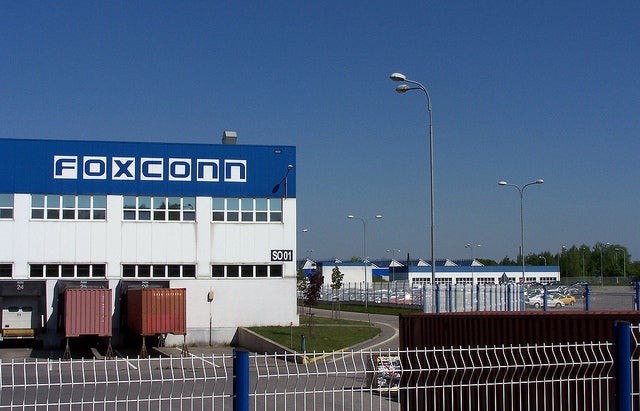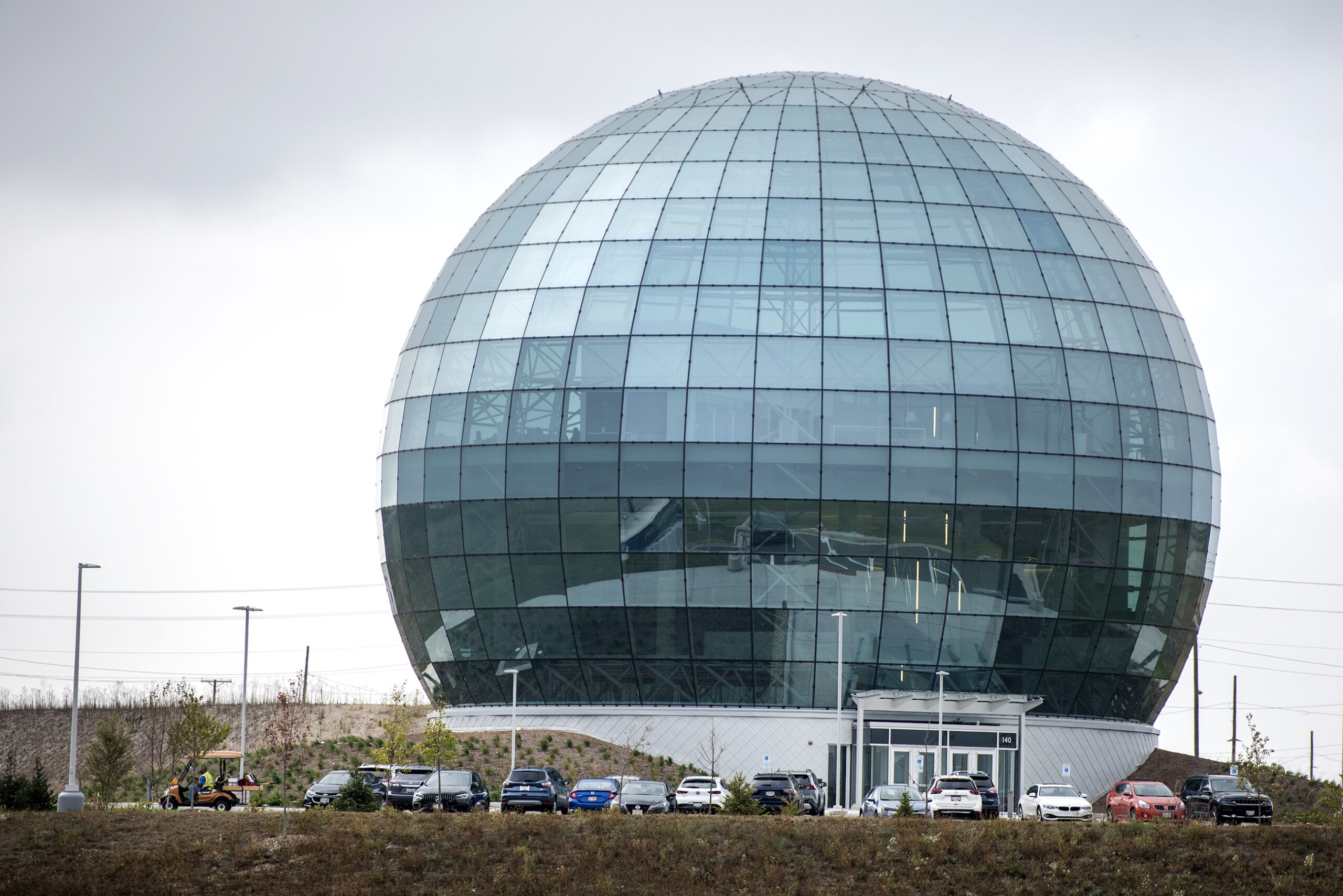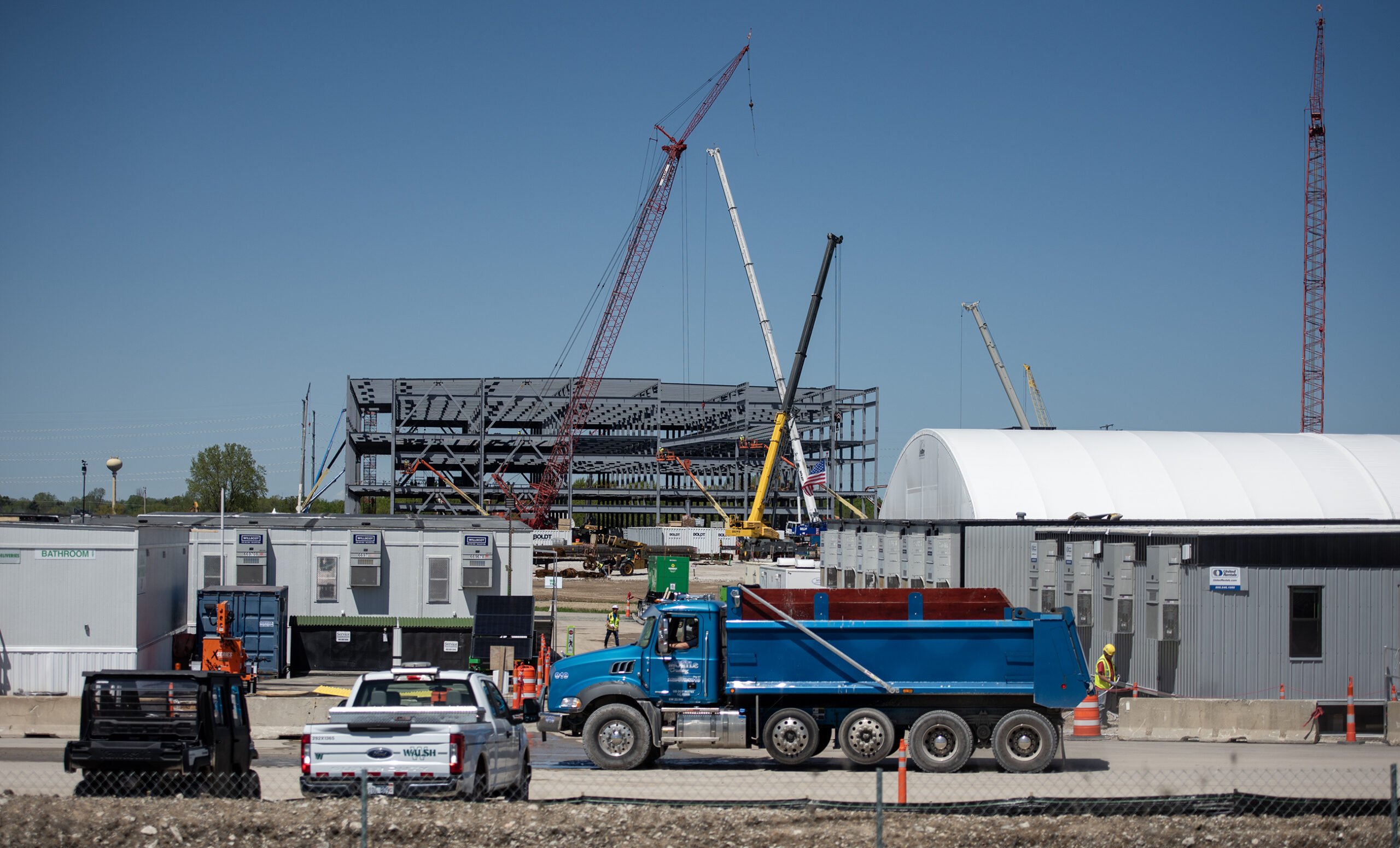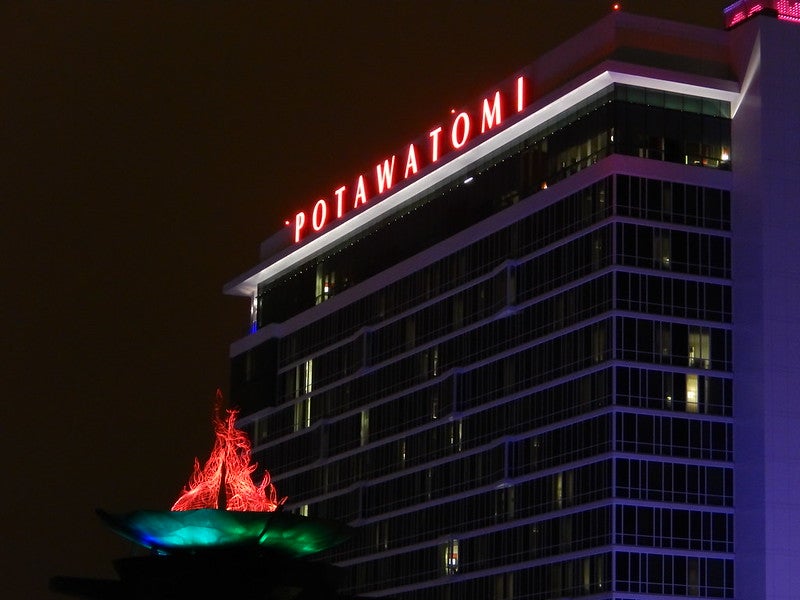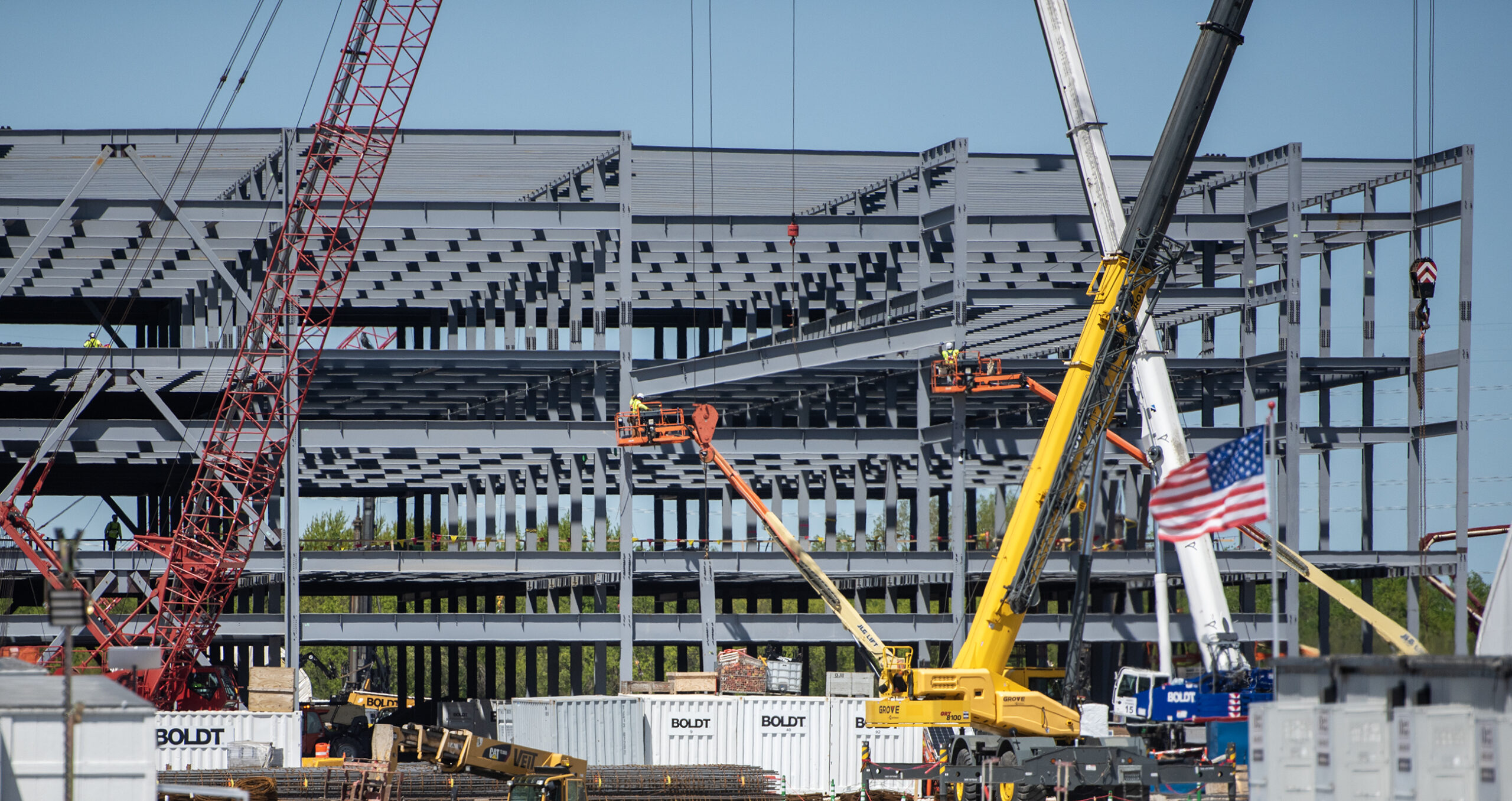Backers of Wisconsin’s deal to bring a Foxconn electronics factory here have compared it to the Louisiana Purchase. To the Green Bay Packers signing Hall of Famer Reggie White.
And last week, state Assembly Speaker Robin Vos introduced a new comparison when he read an email from a constituent.
“In closing the email that he sent to me, he said, quote, ‘If you build it, they will come,’” Vos said.
Stay informed on the latest news
Sign up for WPR’s email newsletter.
It was a reference to the 1989 movie “Field of Dreams,” when the character played by Kevin Costner is walking through his Iowa cornfield and hears a voice that no one else can hear.
Costner is spooked, but he listens, and builds a baseball diamond in the middle of nowhere. Ghosts show up to play baseball, and by the end of the movie, people are driving from miles away to watch.
During Assembly debate on the deal, Vos said there was no way of knowing how transformational the Foxconn plant would be, but lawmakers would be proud of the day they voted to build it.
“That’ll be the day that you look back and say, ‘I was part of something bigger than what I understood when I listened and debated the legislation,’” Vos told his colleagues. “‘I was part of something that transformed the state in a way that I didn’t even understand at the time.’”
The Foxconn deal, by its very nature, requires a leap of faith from the lawmakers who’ve been asked to approve it.
The Taiwanese tech giant says it will build a $10 billion, 1.6 square mile manufacturing complex in southeast Wisconsin, but the exact costs and benefits remain unknown.
“So far I have not seen the evidence that this is as transformative as you might hope,” said Timothy Bartik, an economist who studies local economic development for the W.E. Upjohn Institute in Michigan.
Bartik said the amount of money Wisconsin is offering Foxconn per job created is about seven times the size of a typical government incentive package, and it could be 10 times larger once local incentives get factored in.
Michael Hicks, the director of the Center for Business and Economic Research at Ball State University, was also struck by the size of Wisconsin’s Foxconn deal.
“Foxconn is certainly one of those deals that is eye-popping to someone who studies incentives,” Hicks said. “There’s no rule of thumb at applying these sort of incentives that would point to this as being wise.”
Unanswered Questions
Wisconsin’s nonpartisan Legislative Fiscal Bureau projects state government would “break even” on its Foxconn deal in the 2042-2043 budget year, if the company creates 13,000 jobs almost immediately after opening and 22,000 jobs spin off immediately at other companies as a result.
“2042, that’s a conservative estimate,” Bartik said. “It probably doesn’t break even until 2142, if then.”
The Legislative Fiscal Bureau acknowledged in its analysis that it’s “highly speculative” to predict the future 25 years from now. Technologies change. So do business practices. So do state laws.
But Bartik and other experts say they’re struck by the lack of an estimate on the costs of the Foxconn deal, especially to local governments in southeast Wisconsin.
“The state is writing legislation, but the big impact is going to be on the local economy, and those have yet to be defined,” said Einar Tangen, a Beijing-based economics expert who has studied Foxconn in China. Tangen previously lived in Wisconsin and is a Marquette Law School graduate.
In a best-case scenario that sees the Foxconn plant fully operational by 2021, Tangen said there would be increased demands on local governments to build better roads, to provide more police and fire protection and to teach more children in local public schools.
But because of the tax incremental financing called for in the Foxconn bill, they’d be unable to collect increased taxes from Foxconn to pay for them.
Other unanswered questions stem from the decision to hand off control over much of the Foxconn deal to the Wisconsin Economic Development Corporation.
For example, Foxconn would receive $1.35 billion of its incentives by making a substantial investment in its new manufacturing plant. It would be up to WEDC to decide when the company’s investment was substantial enough.
As it stands now, the bill would also leave it up to WEDC to negotiate clawbacks with Foxconn if jobs don’t ramp up as fast as the state had hoped.
“No one knows what they’re going to do,” Tangen said. “They basically said carte blanche, ‘You decide.’”
The bill also exempts Foxconn from a variety of environmental permitting laws that would let it build in wetlands or lake beds or even re-route streams.
Those exemptions would apply to more than just the construction of the Foxconn plant.
Peter Adrians, a professor of finance at the University of Michigan who specializes in corporate water risk management, said he was surprised to see the bill would waive some environmental permits for Foxconn even after it begins operating its liquid crystal display plant, especially given the company’s reputation.
“The thing that lawmakers really should be thinking about,” Adrians said, “is are you comfortable with giving a company that has a history of playing very ‘loosey goosey’ with environmental laws … to come to the state of Wisconsin, operate close to Lake Michigan, and take away all operational levers that you have in your toolbox to make sure this company operates effectively?”
Wisconsin is being very “trusting,” Adrians said, given all the unknowns.
Wisconsin Public Radio, © Copyright 2024, Board of Regents of the University of Wisconsin System and Wisconsin Educational Communications Board.

